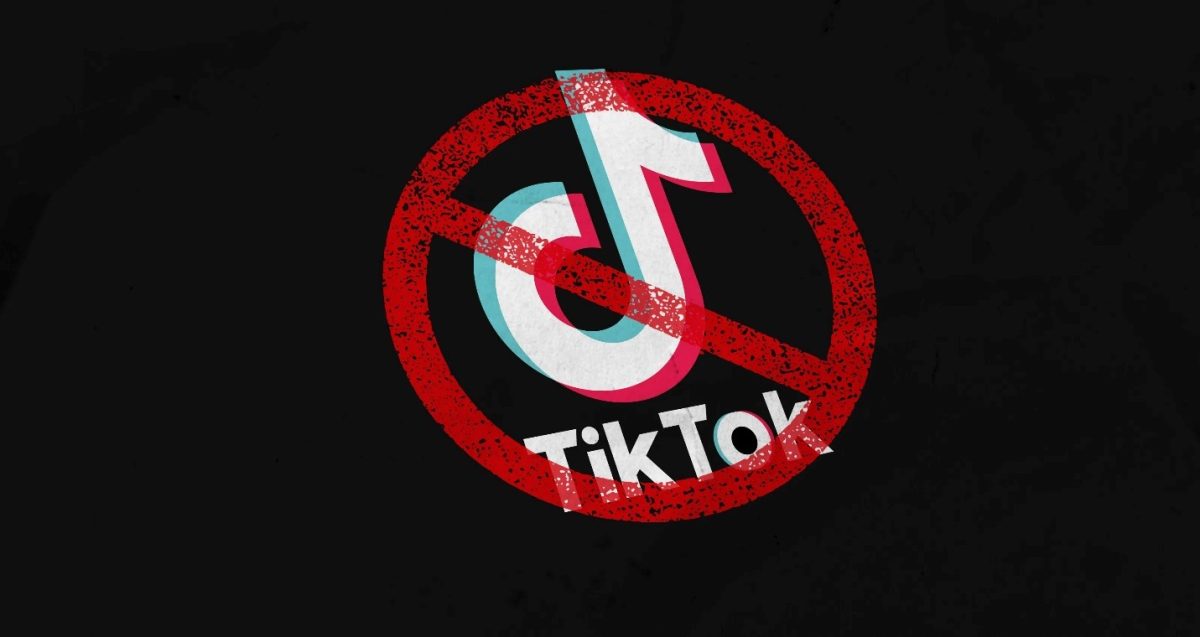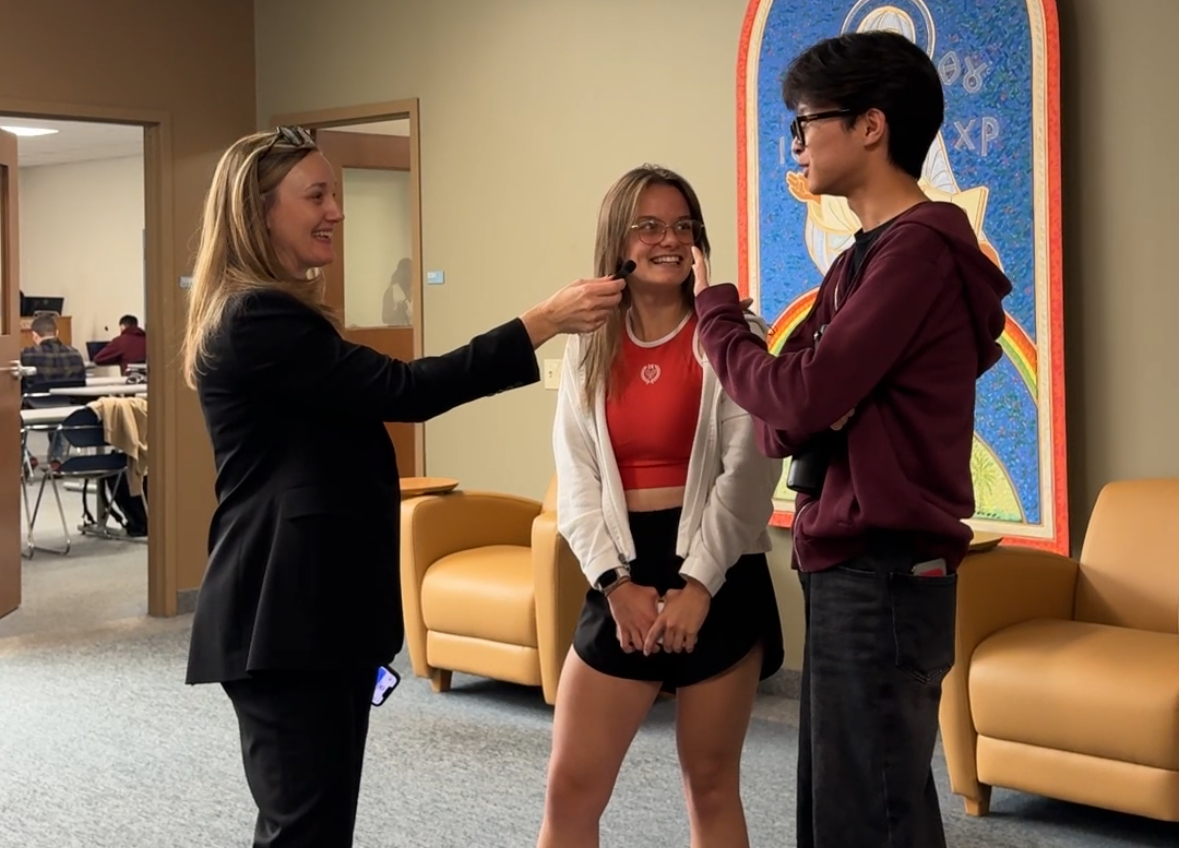January 24, 2025/Midnight
Erie, Pa.— Gannon University is home to over 2,000 students at any given time of year. Within this student body, a variety of different people exist. We are united through our pursuit of education at Gannon University. However, our differences may lie in our ages, career choices, races, faiths, or a plethora of other things. In every aspect that we are different, there is one where we are similar. In Roundtable, we explore the similarities and differences in the thoughts and opinions of Gannon students.
After numerous attempts over the past few years, TikTok is now being banned in the United States. But how do people feel about one of the most popular apps on the app store disappearing?
Senior Khoi Huynh, who majors in advertising communication, explains his opinion. “So, first of all, I don’t use TikTok. I know about TikTok, I hear news about it, people talk about it, there’s new TikTok trends. TikTok videos can be reposted on Facebook or Instagram, so that’s how I know what TikTok looks like. But I don’t have TikTok on my phone. So, it doesn’t really affect me because I don’t use it.”
Huynh adds, “A lot of people make content for TikTok, but with me I don’t see the significant content on TikTok or another platform. Maybe in the future when I’m watching content there will be a little less variety in the type of content. But I feel like if I’m watching content from Facebook or Instagram Reels that’s still enough. I’m not looking for more of that.”
Many people have raised concerns about the TikTok ban infringing on their right to free speech.
Huynh explains that in his view, “I mean like, my personal idea of thinking is it’s just a platform. Freedom of speech is more about how you talk, rather than where you talk...And especially, I feel like with me, TikTok is more entertaining. The platform is more focused on entertainment, rather than people showing their opinion. So I don’t think there’s too much conflict with freedom of speech.”
Sophomore Timothy Haklar, who double majors in environmental science and philosophy, explains that in his view, TikTok poses a national security threat, as well as promotes what can often be dangerous or harmful trends, and agrees with the ban. He says, “The government does reserve the right to defend its citizens and protect its citizens, in the view of what would be the greater good. I would say protecting national security would be better than saving one social media app out of thousands.”
On the idea of national security pertaining to the ban, sophomore Mallory Gruczu, a pre–law major, says, “I don’t think people look into the whole national security thing, they just think ‘I like TikTok.’ They don’t care, or they don’t think it’s a valid threat. TikTok in particular has such a big impact on society, in coming up with trends and consumerism.”
She adds, “I’m glad it’s going away for many reasons, some bigger than others.”
Though the fight over keeping TikTok on U.S. app stores has been a multi–year battle, it seems that this week, the fight may finally come to an end. While some may be indifferent, or even glad that the app is gone, others are hoping that it will find a way back on their phones.








